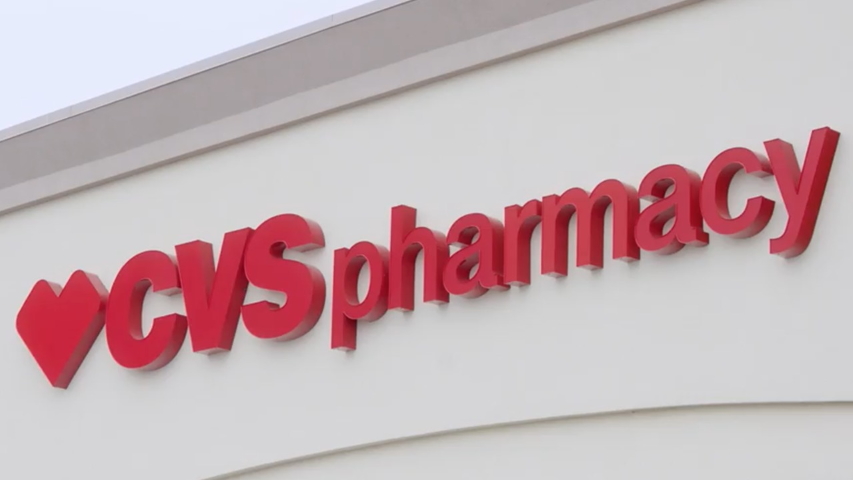CVS rolls out digital messaging for meds adherence after pilot

US pharmacy chain CVS Specialty has made its two-way messaging app available to 80% of eligible patients on its books, after a pilot study showed it could improve adherence to therapy in people with cancer.
The app – which according to CVS “puts a nurse or pharmacist at the patients’ fingertips” – was put through its paces in chronic myeloid leukaemia (CML) patients treated with tyrosine kinase inhibitor (TKI) drugs, a group for whom complying with treatment is critically important to stem disease progression.
The results showed that those using the messaging system were 22% more likely to be “optimally adherent” to treatment, helping them take doses of drugs at the correct time, avoid and manage side effects, and understand symptoms or lab results.
All the patients were followed for a year after their first prescription was filled in the study, which has just been published in the Journal of Managed Care & Specialty Pharmacy.
CML patients need to maintain greater than 90 percent adherence in the first year after diagnosis to have the best chance at remission, says CVS.
Around 90% of the 1,000 CML patients in the pilot used the tool, with those using it having an average 32-day increase in the number of days on therapy compared with the control group, which the study authors say could be “driving an increase in adherence.”
There are still problems with persistence to therapy however, with only 41% of patients still taking their medications at 12 months, and the researchers note that “additional care services and programs are warranted in this population to achieve sustained therapy adherence”.
Nevertheless, based on the positive results, CVS has now expanded the number of indications that use the clinical messaging service to 29, including rheumatoid arthritis, haemophilia, and multiple sclerosis.
The emphasis is on complex diseases, for example those that have multiple symptoms and can require a range of drugs to manage the condition, says CVS. It’s also promising to continue to refine the system, for example by adding video chat functions to the platform.
It is estimated that non-adherence to medicine accounts for nearly 50% of all treatment failures in the US and contributes to 125,000 deaths and up to 25% of all hospitalisations each year, according to a report published last year in the journal US Pharmacist.













